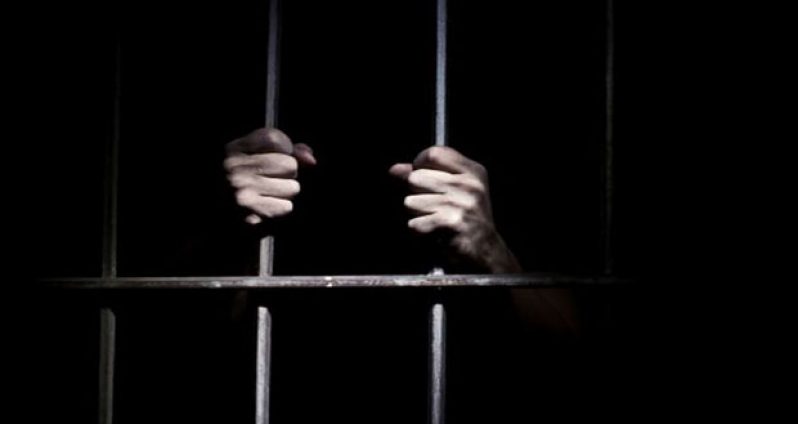By Gabriella Chapman
BURT Lancaster, who was in 2012 sentenced to death by hanging for murder, appeared on Thursday in the Court of Appeal, appealing for a lesser sentence.
His counsel, Attorney Lawrence Harris, told the court that his client is but a mere accomplice in the crime committed. His appeal was submitted under the questions of intention, interest to serve and mandatory death penalty.
Harris stated that according to Lancaster’s caution statement, he had no intention of being involved in the acts committed. He was however, in the company of the man who did, and subsequently assisted.
According to Lancaster’s story, on April 19, 2006, he left work around midday with his co-worker, Daywan Kawal called “Avinash”. They went to the Diamond Taxi stand and hired a taxi to take them to Soesdyke to have a drink with two friends.
During the course of the journey, the driver, Deonarine Sukhdeo, stopped at a gas station and while he was out of the car, Kawal suggested that they rob the driver.
“Avinash jam me and seh ‘leh we rob this man, he does got nuff money on he’,” Lancaster’s testimony said. He said he disagreed but Kawal still went ahead. The robbery ended in the stabbing of Sukhdeo who subsequently died. Lancaster admitted to assisting in removing the injured man from the car and placed him on the trail.
This, Harris is contending, was not Lancaster’s intention when he entered the car; to rob or murder the driver. Hence, he does not deserve such severe sentence and as such is requesting that the court impose a lesser sentence, taking into consideration, time spent in custody.
Chancellor of the Judiciary Yonette Cummings told counsel that he cannot come with one line from a caution statement and expect the court to accept that one line as the sub-total of everything.
But Harris held out on the grounds that according to his client’s statement, the intention came after the act was committed and he just assisted in removing the body out of the car.
In the State’s defence, Attorney Tashana Lake shared that they are aware of Lancaster’s side of the story; however, that was not the one the jury believed during the trial at the High Court in 2012.
The learned trial judge, she said, was quite clear with the jury in lawful guidance and all the necessary directions were given to return a verdict in accordance with the evidence. The decision of whether he was an accomplice or the mastermind in the crime had to be determined by the jury. The prosecution’s case however, was quite contrary to his testimony. Since the prosecution’s case states that he was involved in the act from the beginning.
Based on what was said in his caution statement, Lancaster said he did not stab the driver, he did not participate in any violence and did not inflict any of the wounds that caused the death of Sukhdeo. All this was known to the jury during the trial.
Unfortunately for him, the verdict was not in his favour, and as such, the maximum sentence was imposed given the nature of the crime. Lake stated that learned trial judge could have allowed for an acquittal, if the jury believed his story, but that was not the case.
Kawal, who like Lancaster, was indicted, pleaded guilty to the lesser count of manslaughter and received a seven year sentence in exchange for his testimony against Lancaster, who he said was the mastermind of the crime.
This was shortly after the Plea Bargaining Act was passed in the National Assembly.
After listening to arguments from both sides, the chancellor announced that notice will be sent out for decision and the court was adjourned.
Also presiding over the matter were acting Chief Justice Roxane George-Wiltshire and Justice of Appeal Rishi Persaud.



.jpg)








